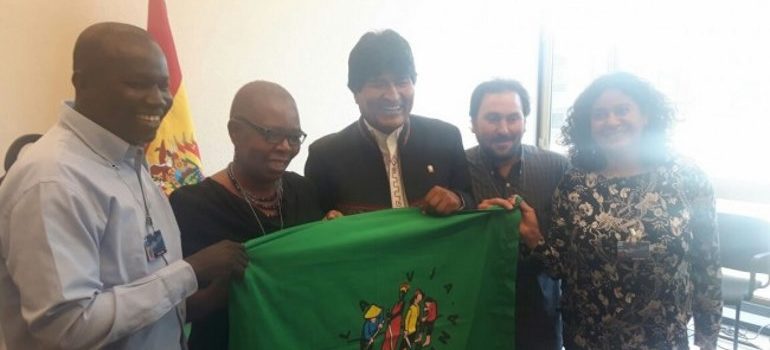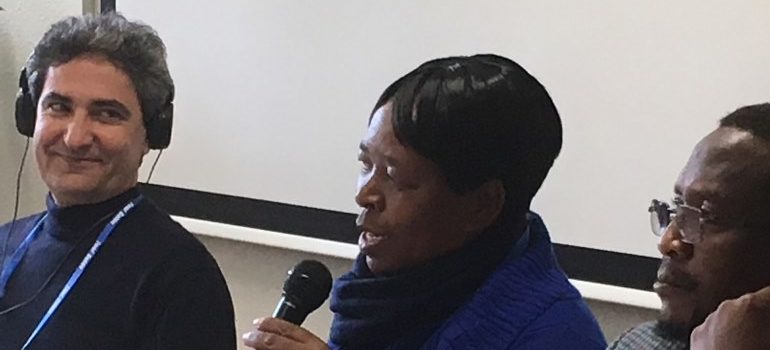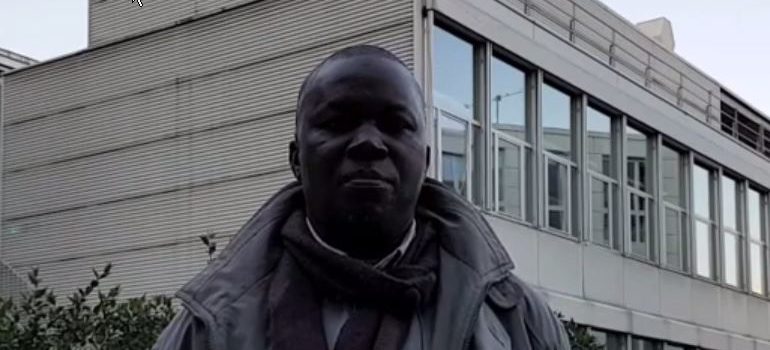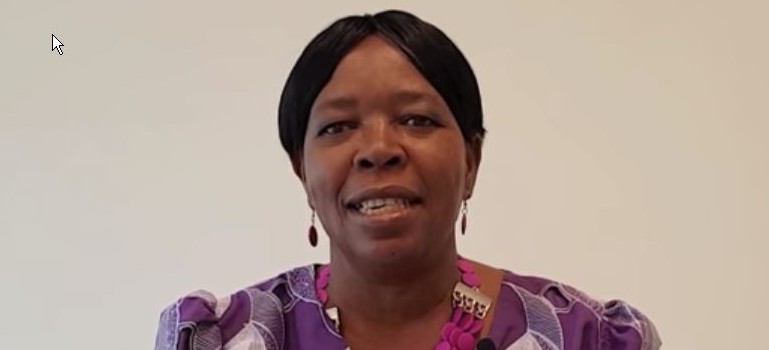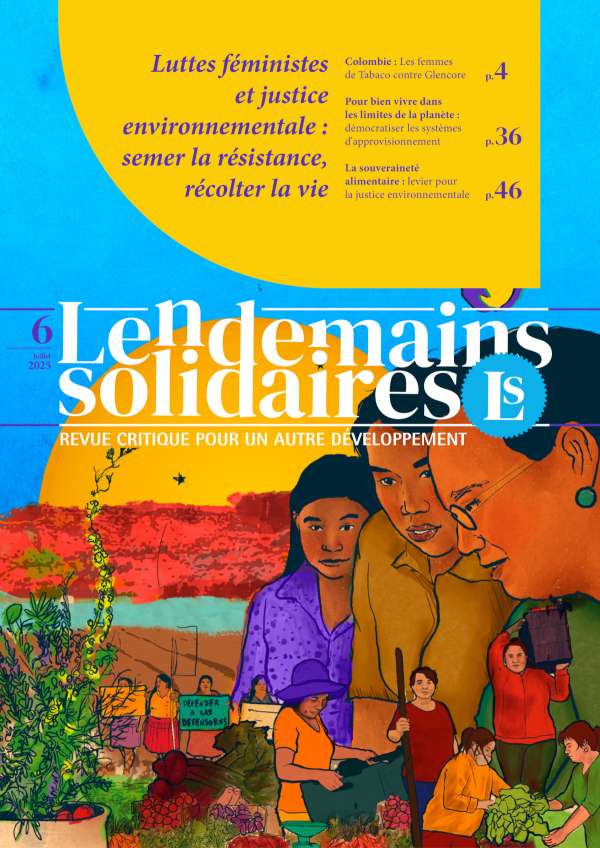At the global level, there are currently some 1.2 billion peasants and together with their families they represent one third of humanity. In absolute terms, there are more peasants today than ever before in history.
Peasants and other rural workers are key to food sovereignty and the realization of the right to food, in particular in developing countries where they provide up to 80% of the food consumed at the local level.
Peasants play a key role in the fight against climate change and the conservation of biodiversity
Yet peasants and other people working in rural areas are among the most vulnerable and discriminated-against group. They are victims of multiple violations of their human rights and suffer disproportionately from hunger and poverty. 80% of those victims of hunger in the world live and work in rural areas.
The CETIM works for several years in favor of the rights of peasants. lt provides its support to organizations representing peasants and other rural workers in the Global South for the access to the UN human rights protection mechanisms. The CETIM is also strongly involved to their sides in the campaign for the adoption of a United Nations Declaration on the rights of peasants and oher people working in rural areas, offering its support so that they are able to participate in the negotiations and present their proposals.
A Declaration on the Rights of Peasants
On 17 December 2018, the United Nations adopted the Declaration on the Rights of Peasants and Others Working in Rural Areas. Alongside La Via Campesina, CETIM was strongly involved in the process that led to the adoption of this indispensable tool. In particular, it offered its support to peasants to enable them to participate in the negotiations and to make their proposals heard.
The adoption of the Declaration is a historic moment. It is the result of a 17-year struggle for the recognition of the rights of this particularly vulnerable population. If respected and implemented, this instrument will be useful, not only for peasants, but for humanity as a whole.
One year after the adoption of this indispensable tool, a joint declaration was signed by nine special rapporteurs and experts and four members of the UN treaty bodies. This document stresses that farmers must participate “in all decision-making processes that affect their lives, lands, resources and livelihoods” and repeatedly urges states to play a key role in implementing the Declaration.
In October 2023, the United Nations Human Rights Council, with an overwhelming majority of Member States in favour, took another historic step. It voted in favour of Resolution 54/9 to create a follow-up mechanism to the Declaration. A Working Group of experts is now responsible for promoting and implementing the Declaration.
Download for free the e-book edited by CETIM “The UN Declaration on the Rights of Peasants“
Protect Peasants’ Rights Campaign
Access to justice for peasants
Training sheets on peasants’ rights
The ever greater audience of extreme right – or downright fascist – movements in the very heart of “Old Europe”, the victory of the Brexit in the United Kingdom and the election of Donald Trump in the United States are troubling developments.
Continue reading
The Bolivian Ambassador Nardi Suxo Iturre presented her report on the third session of the Intergovernmental Working Group on the Rights of Peasants and Other People Working in Rural Areas to the thirty-third session of the Human Rights council in September 2016. A delegation from La Via Campesina, backed by the CETIM, took advantage of […]
Continue reading
The third session of the Intergovernmental Working Group on the Rights of Peasants and Other People Working in Rural Areas was held in May in Geneva. The CETIM was present with a major delegation of peasants from La Vía Campesina (LVC) and other organizations of fishers, shepherds, nomads, foresters, indigenous peoples and social organizations. The […]
Continue reading
CETIM is for many years firmly committed to a better protection of the rights of peasants. Ndiakhate Fall, Senegalaise peasant, is in Geneva at the Human Rights Council. He speaks about the situation of Senegalaise peasants. Because of climate change and land grabbing they face insecurity.
Continue reading
The general coordinator of La Vìa Campesina was in Geneva. Elizabeth Mpofu explains in a short video how the international peasant movement was born. This movement comprises more than 164 organizations in 74 countries, and represents over 200 millions peasants.
Continue reading
« Previous
1
…
27
28
29
30
31
…
43
Next »


